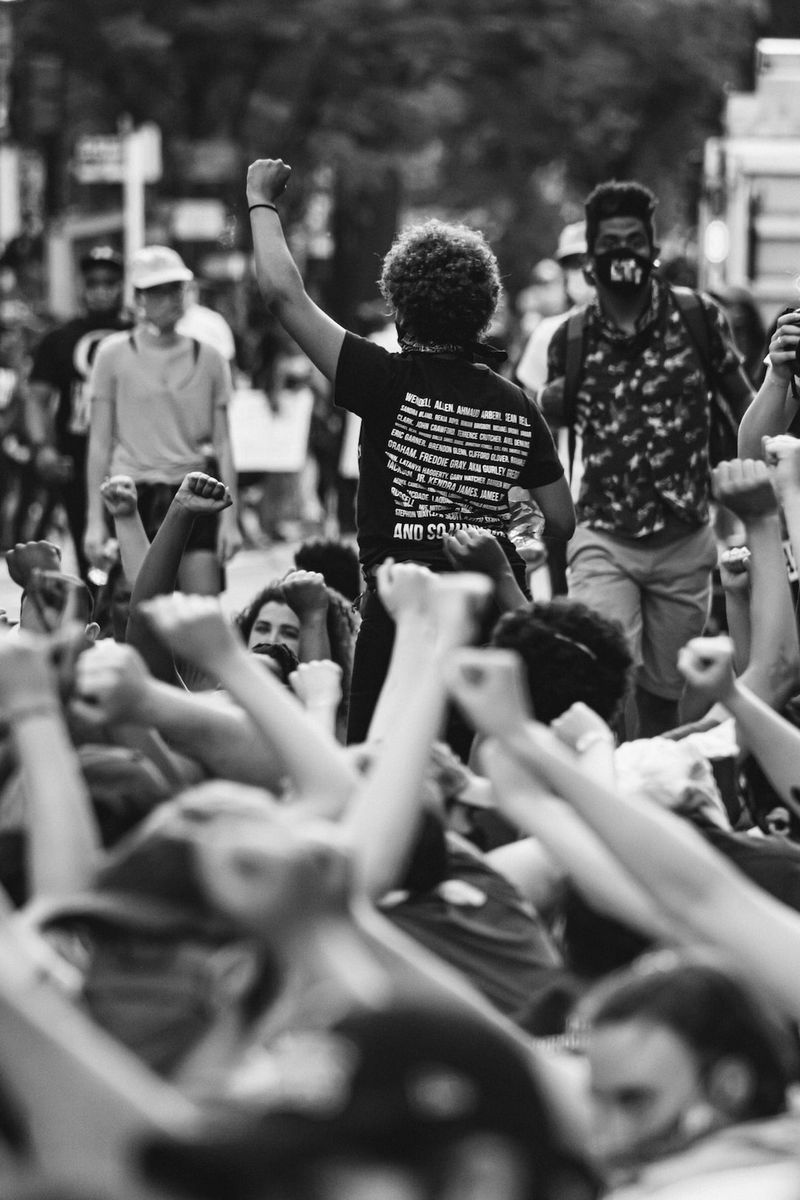Woody Allen’s ‘Coup de Chance’ Premieres at Venice Film Festival Amidst Protests
Protests and Standing Ovation
Woody Allen’s latest film, “Coup de Chance,” premiered at the Venice Film Festival on Monday night. While the filmmaker received a three-minute standing ovation from the audience inside the theater, protesters outside attempted to disrupt the screening on the red carpet. Despite the demonstrations, Allen was visibly moved by the reaction, taking out a tissue at one point. The reception both inside the theater and on the red carpet was mixed, with fans cheering him on while protesters condemned the festival for giving Allen a platform.
Controversial Directors
The protesters, who removed their shirts and handed out sheets of paper, accused the Venice Film Festival of giving space to directors involved in sexual violence against women, including minors. In addition to Allen, the note mentioned Luc Besson and Roman Polanski. This incident raises questions about the responsibility of film festivals in showcasing works by filmmakers who have been accused of such serious allegations.
Philosophical Discussion: Separating Art from the Artist
The debate surrounding the release of “Coup de Chance” at the Venice Film Festival brings to the forefront a recurring dilemma: How should society respond to the work of artists who have been accused of misconduct or criminal behavior? This question is not new and arises each time a controversy involving a prominent artist emerges.
The #MeToo movement has undoubtedly changed the cultural landscape by shining a light on systemic abuse and harassment in various industries, including film. It has prompted important discussions about power dynamics, consent, and accountability. As a result, many individuals and institutions have had to grapple with the question of whether to separate the art from the artist.
One school of thought argues that it is impossible or unethical to divorce the work of an artist from their personal actions. This perspective emphasizes the need for accountability and believes that supporting the work of individuals accused of misconduct perpetuates a culture that enables abuse. By boycotting or protesting the work of these artists, activists aim to send a strong message of solidarity with victims and demand justice.
Editorial: Contextualizing Controversial Works
However, an opposing perspective argues that it is possible to appreciate the art itself independently of the artist’s actions. This viewpoint suggests that creative expression should be evaluated on its own merit, separate from the personal lives and behaviors of the artists. It acknowledges that great works of art have often been created by individuals who possess problematic beliefs or engage in harmful behavior.
In the case of Woody Allen, his films have long been celebrated for their wit, intellectual depth, and unique approach to storytelling. From “Annie Hall” to “Midnight in Paris,” Allen has left an indelible mark on contemporary cinema. Yet, it is also essential to recognize the serious allegations against him and the harm caused to Dylan Farrow and her family. The question then becomes, how do we reconcile these conflicting aspects?
Finding a middle ground in this debate is challenging but crucial. Recognizing the art while acknowledging the artist’s problematic actions is not an easy task for consumers of culture. However, it is essential to engage in thoughtful discussions that contextualize and critique works within larger sociopolitical contexts. This approach promotes a more nuanced understanding of the art, allowing individuals to appreciate the craft while remaining aware of the moral complexities surrounding it.
Advice: A Call for Transparency and Accountability
Film festivals and distributors have an important role to play in this discourse. They must exercise discretion and responsibility when selecting films for their programming. While it is not feasible to ban all works by controversial artists outright, transparency regarding the decision-making process is crucial. Festivals should communicate openly about their choices and provide a platform for dialogue between artists, critics, and audiences.
Moreover, distributors should consider the ethical implications of supporting films by artists accused of misconduct. This involves weighing commercial success against the potential harm caused by providing a platform to individuals responsible for abusive behavior. Ultimately, consumers of culture hold significant power through their choices. By making informed decisions and engaging in conversations around these issues, audiences can actively shape the future of the arts.
In conclusion, the premiere of Woody Allen’s “Coup de Chance” at the Venice Film Festival has sparked protests and controversy. The event underscores the ongoing debate surrounding the intersection of art and the actions of its creators. To navigate this complex terrain, it is vital to engage in philosophical discussions, provide editorial context, and promote transparent accountability within the industry. By doing so, we can foster a more nuanced understanding of art and its implications.

<< photo by Gayatri Malhotra >>
The image is for illustrative purposes only and does not depict the actual situation.
You might want to read !
- “Bharat” vs “India”: Debating Identity and Nationalism in Hindu Nationalist Discourse
- India’s Dinner Invitation Reinforces Cultural Heritage with Name Change to ‘Bharat’
- The Aftermath of LSU’s Season-Opening Loss: Analyzing Brian Kelly’s Key Statements
- “The Time-Traveling Adventures of Fionna and Cake: A Guide to Watching From Start to Finish”
- Power Struggle in Gabon: Military Officers Stage Coup to Oust President
- The Perils of Fan Behavior: Reflecting on the U.S. Open’s Decision
- Unseeded Upset: Jelena Ousts Defending Champion Świątek at US Open




